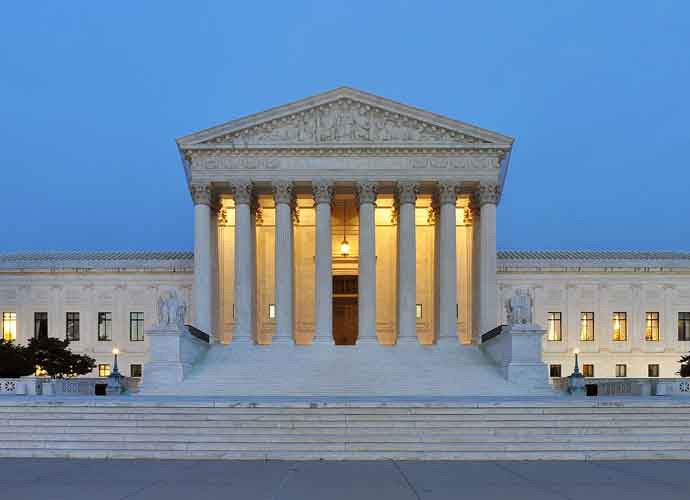Supreme Court Agrees To Decide Whether Trump Must Release His Tax Returns
The Supreme Court agreed on Friday that they will hear oral arguments and determine whether or not President Donald Trump is allowed to block the release of his tax returns, in a ruling that could create an important precedent on how much financial privacy the president is allowed.
A decision is expected in June. Should the court rule in favor of Trump, it affirms the argument that financial dealings are not legitimate subjects of inquiry for sitting presidents. If the court decides otherwise, Trump would be forced to release his highly confidential financial records that he has fought tooth and nail to keep secret.
SLIDESHOW: TOP DEMOCRATS RUNNING FOR PRESIDENT IN 2020
Several prosecutors, including Manhattan District Attorney Cyrus Vance, have worked to obtain Trump’s financial records, believing they could contain incriminating evidence.
Subscribe to our free weekly newsletter!
A week of political news in your in-box.
We find the news you need to know, so you don't have to.
Vance initially subpoenaed eight years worth of Trump’s personal and corporate tax returns from his accounting firm, Mazars USA, in September. Trump sued to block the release of the records, but lower courts ruled against him.
The United States Court of Appeals for the Second Circuit in New York rule unanimously that state prosecutors can compel third parties to turn over a sitting president’s records for use in a grand jury investigation.
Chief Judge Robert Katzmann wrote in a footnote of the decision that the information sought was in a sense unexceptional.
“We note that the past six presidents, dating back to President Carter, all voluntarily released their tax returns to the public,” Katzmann wrote. “While we do not place dispositive weight on this fact, it reinforces our conclusion that the disclosure of personal financial information, standing alone, is unlikely to impair the president in performing the duties of his office.”
Trump’s lawyers have argued that a sitting president is immune from criminal investigations while in office and wrote to the Supreme Court that granting state prosecutors this much power is “unimaginable.”
“That the Constitution would empower thousands of state and local prosecutors to embroil the president in criminal proceedings is unimaginable,” Trump’s lawyers wrote.
Vance responded that the Supreme Court’s decision in United States v. Nixon in 1974 was evidence that sitting presidents can be subject to a subpoena during a criminal investigation.
He wrote, “This court has long recognized that a sitting president may be subject to a subpoena in a criminal proceeding.”
Get the most-revealing celebrity conversations with the uInterview podcast!






Leave a comment